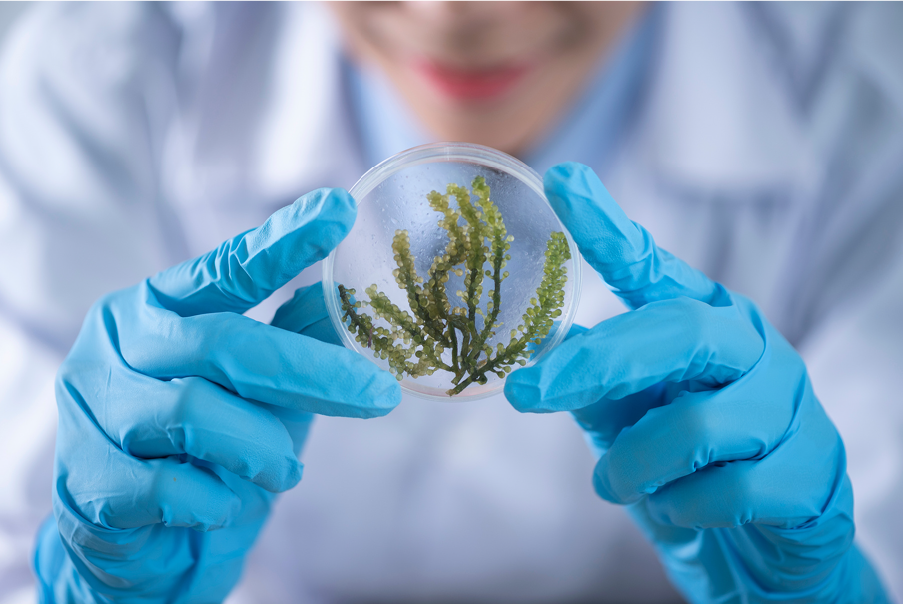
According to the United Nations*, by 2050, the planet will need to produce enough food for a global population of 9.6 billion people. The whittling away of forests, biodiversity loss, and soil depletion and degradation all lessen our ecosystems’ ability to provide food and regulate the climate. Former agricultural models have reached their limits. Today in France, universities are working to train future researchers who will be able to meet these major challenges, with the help of new tools from modern biology. The first year Master’s programme (M1) in Plant and Microbial molecular Biology (PMB) is characterised by its active learning approach in an international context.
What is active learning?
Active learning differs from traditional learning methods in that students play an active role in their own learning. Students learn the theory of a concept by being actively involved in the learning process, or in other words, they learn by doing.
Our goal is to encourage students to adopt a proactive approach to their learning, become critically minded (through debates and discussions), develop their network and imagine themselves in their future career
Professor Marianne Delarue, Joint Head of the first year Master’s (M1) in Plant and Microbial molecular Biology (PMB)
The PMB Master’s programme embraces this new pedagogical approach through active student participation, laboratory immersion and personal tutoring to help students gain in autonomy and acquire the necessary skills for a future scientific career.
How is the Master’s in Plant and Microbial molecular Biology (PMB) organised?
The course begins with a flipped classroom approach. This method helps to ensure that international students all start the programme with the same foundation. Students cover the given subjects in private study through videos, reading, lessons, etc. allowing them to become fully involved in class, taking part in discussions and interactive exercises.
An active learning approach is used alongside traditional learning methods, and is put in place via:
- experiential learning: laboratory immersion during research internships
- collective learning with work in small groups
- project-based learning, with projects which can last several weeks
- flipped teaching where students are the ones teaching the class
Why was the programme created?
In the near future, two thirds of the global population could be affected by water stress. Thanks to recent scientific progress, the purpose of Systems Biology is to acquire a quantitative vision of biological processes, such as the dynamic interactions between the components of living systems, and also between living systems interacting with their environment. In concrete terms, systems biology is one of the tools which could be used to produce and use plants and microorganisms for food, health, the environment and industry, with sustainable development goals in mind.
What are the entry requirements for the programme?
The programme is taught in English to acquire the essential scientific vocabulary, learn about different cultures, and offer students new opportunities. It is aimed at French and international students, who have a minimum B2 level in English (Common European Framework of Reference for Languages). Applicants must have an undergraduate degree or equivalent in Biology, or a double degree with a major in Biology.
What are the job prospects after a Master’s Plant and Microbial molecular Biology (PMB)?
Students having studied the first year of the Master’s programme can choose from three second year Master’s options in Plant Sciences, Systems & Synthetic Biology, and Biomass Engineering for Bioeconomy.
- Having completed the second year of the Master’s, graduates can go on to work as engineers in the academic sector, for a private biotech company, a pharmaceutical manufacturer, etc. or with a start-up
- After a PhD, graduates have the possibility of becoming researchers or lecturers in the academic or private sectors
- The programme also leads to opportunities in professions linked to scientific and technological monitoring
The international first year Master’s programme in Plant and Microbial molecular Biology (PMB) strives to train a new generation of top international scientists, who are experts in the most recent concepts of Systems Biology
Marianne Delarue
Further information